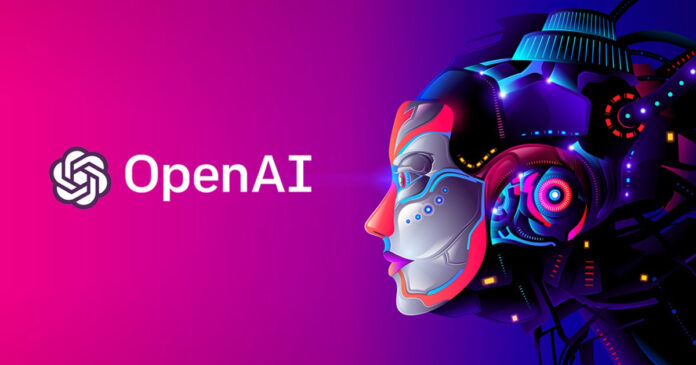In the rapidly evolving landscape of modern work, Artificial Intelligence (AI) has emerged as a transformative force, reshaping industries and revolutionizing the way we operate. As businesses seek to enhance efficiency, productivity, and decision-making processes, the integration of AI into the workforce has become essential. In this article, we explore the potential of AI, its impact on the future of work, and the strategies organizations can employ to leverage its power.
Understanding the Role of AI in the Future of Work
AI is a branch of computer science that enables machines to learn, reason, and perform tasks that traditionally required human intelligence. Its potential spans across various industries, from healthcare to finance, manufacturing to customer service, and beyond. By analyzing vast amounts of data, AI algorithms can derive valuable insights, make predictions, and automate repetitive tasks, thereby freeing up human resources for more strategic and creative endeavors.
The Advantages of Embracing AI in the Workplace
1. Increased Efficiency and Productivity
One of the key benefits of integrating AI into the workplace is the significant boost in efficiency and productivity. AI-powered tools can handle mundane and repetitive tasks at unprecedented speed and accuracy, leading to streamlined operations and reduced human error.
2. Data-Driven Decision Making
AI can process and analyze vast datasets far beyond human capabilities. By harnessing this potential, businesses can make data-driven decisions, identify patterns, and gain a deeper understanding of their markets, customers, and competitors.
3. Personalized Customer Experiences
In the age of personalization, AI-driven algorithms can analyze customer behavior, preferences, and feedback to deliver tailored experiences. This not only enhances customer satisfaction but also drives customer loyalty and retention.
4. Improved Risk Management
AI excels at risk assessment and fraud detection. Financial institutions and insurance companies can leverage AI algorithms to detect anomalies and potential risks, mitigating losses and ensuring better security.
The Impact of AI on the Workforce
While AI offers numerous advantages, its integration into the workforce has raised concerns about job displacement and the changing nature of work. However, history has shown that technological advancements often create new opportunities as well. Instead of viewing AI as a threat, it is crucial to recognize it as a tool that can augment human capabilities and drive innovation.
Upskilling and Reskilling the Workforce
To fully harness the potential of AI, organizations must invest in upskilling and reskilling their employees. By providing training in areas where AI complements human abilities, businesses can create a workforce that can adapt and thrive in an AI-augmented environment.


